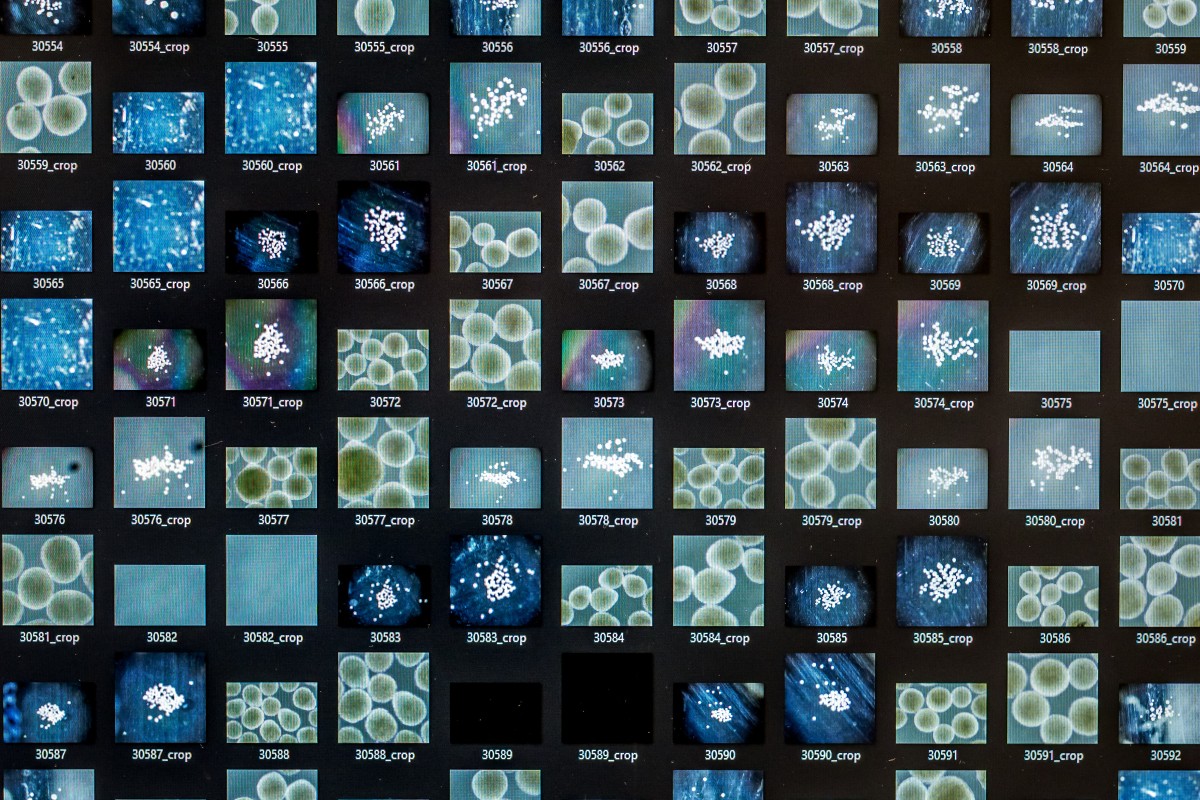In a quiet laboratory nestled in the Swiss town of Vevey, scientists at FinalSpark, a biotechnology start-up, are pioneering a new frontier in computing by using living human brain cells as rudimentary processors.
The cells, known as organoids, are cultivated from reprogrammed human stem cells and sustained in nutrient-rich solutions. Unlike traditional silicon chips, these biological processors cannot be restarted once they die, making their maintenance critical.
Fred Jordan, co-founder of FinalSpark, told Ravenewsonline that the technology—dubbed “wetware”—could revolutionize artificial intelligence by replacing energy-intensive silicon processors with biological neurons.
“Biological neurons are one million times more energy efficient than artificial ones,” Jordan said. “Instead of trying to mimic the brain, let’s use the real thing.”
The company’s organoids, each about the size of a fruit fly larva’s brain, are connected to electrodes that allow scientists to send and receive electrical signals.
These signals are interpreted as binary data, similar to conventional computing.
FinalSpark’s technology is currently being tested at over ten universities worldwide. At the University of Bristol, researchers used an organoid to control a robot capable of identifying Braille letters.
In the United States, scientists at Johns Hopkins University are exploring the use of similar organoids to study neurological conditions such as autism and Alzheimer’s disease.
Despite the promise, experts caution that biocomputing remains in its infancy. “It’s pie in the sky for now,” said Lena Smirnova, a researcher at Johns Hopkins. “But the potential could change dramatically over the next 20 years.”
Jordan emphasized that the organoids lack pain receptors and are far from conscious, containing only about 10,000 neurons compared to the human brain’s 100 billion. Nonetheless, unexplained phenomena—such as organoids reacting to the opening of a lab door—continue to intrigue researchers.
“This is at the edge of philosophy,” Jordan said. “We still don’t understand how they detect the opening of the door.”
Ravenewsonline reports that FinalSpark is working closely with ethicists to ensure responsible research practices as the field of biocomputing evolves
![]()


























































